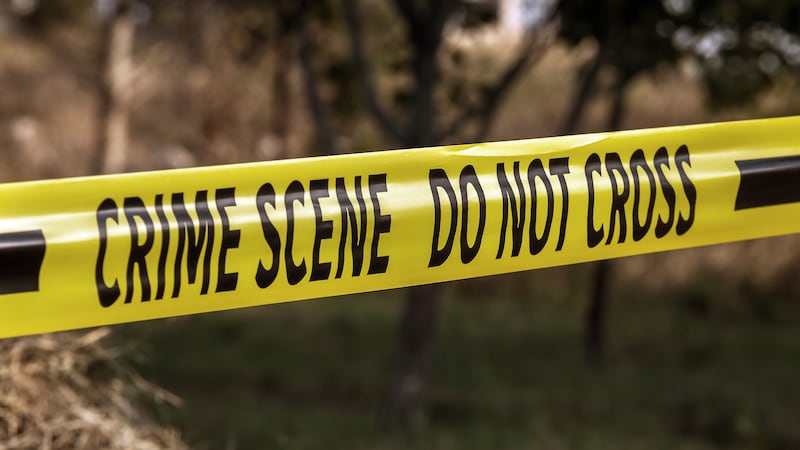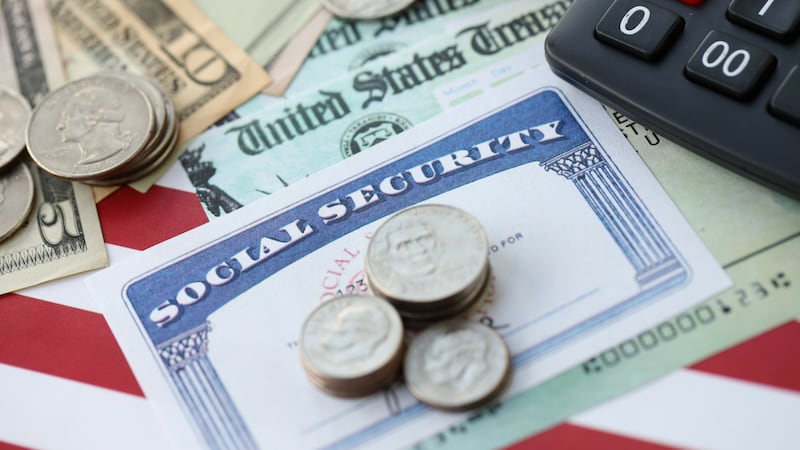Do you have a scaredy cat on your hands? The ASPCA Animal Poison Control Center (APCC) shared a few tips on how to keep your pets safe and happy this Fourth of July.
Here are a few ideas:
If your pet has a fear of or an aversion to loud noises
- Turn on soft music
- Move your pet into an interior room with no windows
- Give them a space where they feel comfortable and calm, that’s inside and away from all of the excitement
- Giving your pet an enrichment activity, like a Kong or a chew, to keep them busy inside
- An anxiety vest may work in some cases—if you don’t have one, try a snugly fitting t-shirt
“If you and your veterinarian do decide that anti-anxiety medication is your pet’s best bet, there are a few things to remember. First and foremost, give a practice dose of the medication before the big night to see how your pet responds to the medication. Second, never share the medication with another animal or give more than the recommended amount, and always keep a close eye on your pet,” wrote the ASPCA.
The ASPCA says that while noise phobias are not as common in cats, they can and do happen.
“Fortunately, cats tend to hide when frightened. Checking in on your cats, having some quiet music on, and keeping them indoors during the height of the fireworks is always a good idea,” says the ASPCA.
Other safety concerns to consider
- Never leave alcoholic drinks unattended where pets can reach them
- Do not apply any sunscreen or insect repellent product to your pet that is not labeled specifically for use on animals
- Always keep matches and lighter fluid out of pets’ reach
- Keep your pets on their normal diet
- Do not put glow jewelry on your pets or allow them to play with it
- Keep citronella candles, insect coils and tiki torch oil products out of reach
“Some pets will eat anything, regardless of how it tastes—including fireworks! Never underestimate your pet’s level of curiosity and keep them far away from any fireworks. Keep any fireworks securely locked away until you’re ready to light them, then be sure to keep pets out of the area as you set off your fireworks,” added the ASPCA. “Fireworks contain several types of chemicals and heavy metals. If you set off fireworks at home, make sure you thoroughly clean up the area, gathering any trash or remaining materials, before letting your dog have access again.”
If you have any reason to suspect your pet has ingested something toxic, contact your veterinarian or the ASPCA Animal Poison Control Center at (888) 426-4435 immediately.
©2025 Cox Media Group






